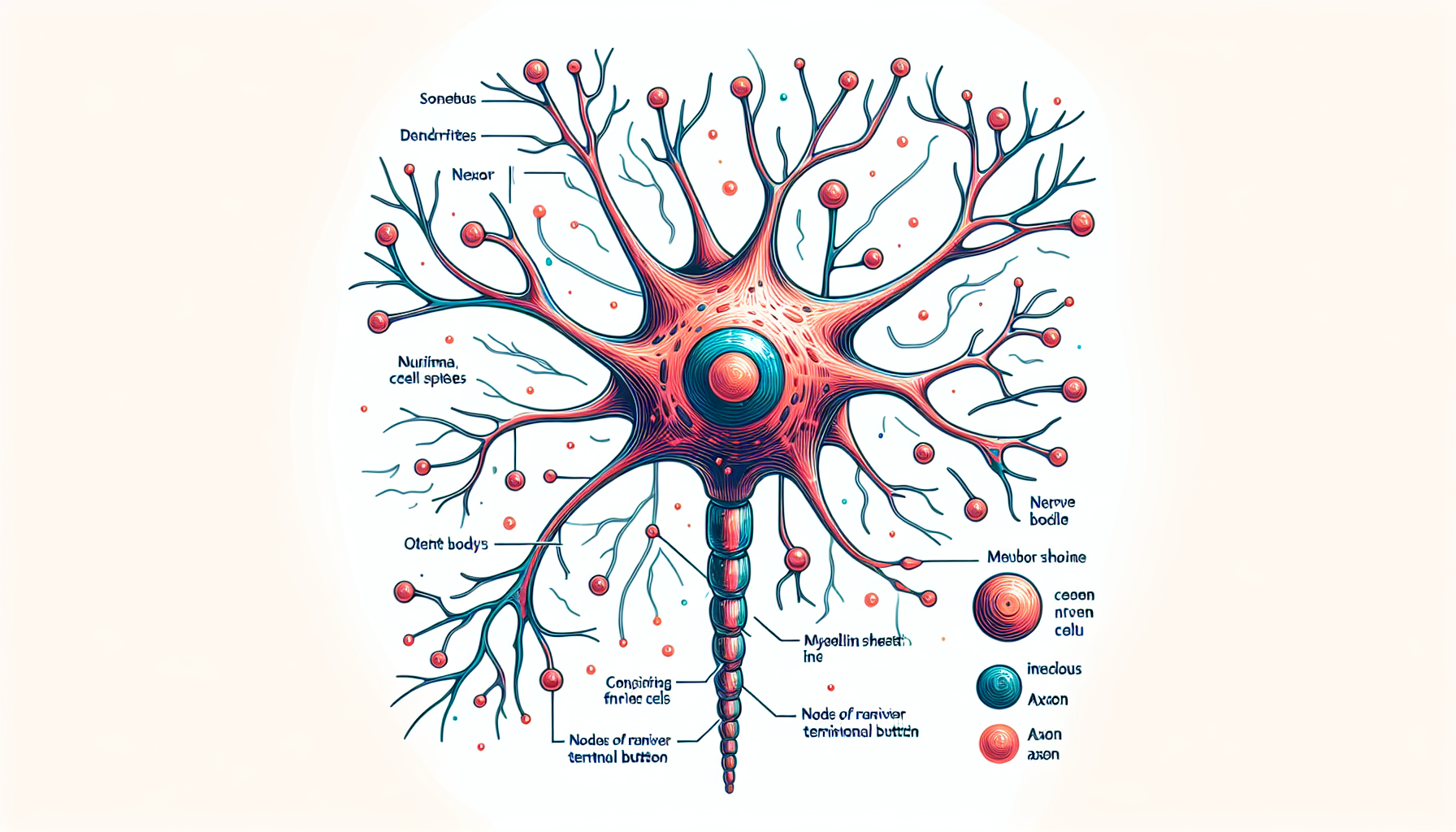Neurodegenerative diseases are a broad category of conditions which primarily affect the neurons in the human brain. Neurons are the building blocks of the nervous system which includes the brain and spinal cord. Diseases such as Alzheimer’s, Parkinson’s, and Huntington’s are all forms of neurodegenerative diseases, which are incurable and debilitating conditions that result in progressive degeneration and/or death of nerve cells. This causes problems with movement (called ataxias), or mental functioning (known as dementias).
The Importance of Brain Health
Brain health is a critical aspect of overall wellness, influencing memory, cognition, and motor skills. The Importance of Regular Exercise for Brain Health discusses how physical activity can support cognitive functions and potentially reduce the risk of neurodegenerative diseases. Exercise increases blood flow to the brain, which can help to nourish neurons with oxygen and nutrients. It also promotes the release of neurotrophic factors, which support neuron growth and survival.
Nutritional Supplements for Cognitive Function
Alongside exercise, certain nutritional supplements can be beneficial in enhancing cognitive function and may offer protective effects against neurodegenerative diseases. For detailed insights, readers should explore Nutritional Supplements for Enhanced Cognitive Function, which delves into how vitamins, minerals, and other supplements can support brain health.
Understanding Neuroplasticity
Neuroplasticity refers to the brain’s ability to reorganize itself by forming new neural connections throughout life. Understanding Neuroplasticity and Brain Health offers a comprehensive view of how individuals can engage in activities that stimulate brain plasticity, thereby enhancing the brain’s ability to adapt and stave off the effects of aging and neurodegenerative diseases.
Lifestyle Choices and Brain Health
Just as crucial as exercise and nutrition are lifestyle choices that can impact brain health. The avoidance of excessive alcohol consumption and drug use is paramount, as these substances can lead to cognitive decline and increase the risk of developing neurodegenerative diseases. The Influence of Alcohol and Drugs on Brain Health provides essential information on how these substances affect the brain and ways to mitigate their impact.
Sleep’s Role in Maintaining Brain Health
Sleep is another cornerstone of brain health. During sleep, the brain can clear out toxins, consolidate memories, and repair itself. The article on The Role of Sleep in Maintaining Brain Health outlines the various ways that proper sleep hygiene can support cognitive health and potentially protect against neurodegenerative diseases.
Stress and Brain Health
Chronic stress is a known risk factor for many health problems, including neurodegenerative diseases. Stress can lead to an increase in harmful hormones like cortisol, which can directly damage neurons. Managing stress through mindfulness, meditation, and relaxation techniques can help maintain a healthy brain. For a deeper understanding, consider reading about The Effects of Stress on Brain Health.
External Resources for Further Reading
For those seeking to delve deeper into the science behind protecting against neurodegenerative diseases, several high-quality, niche resources are available:
- A study on the neuroprotective effects of physical exercise on brain health, available at the National Institutes of Health (NIH) website.
- Research on the impact of nutrition on neurodegeneration, which can be accessed through the National Library of Medicine.
- An informative piece on the benefits of sleep for brain plasticity, found in the journal of Neuroscience & Biobehavioral Reviews.
Combating Neurodegenerative Diseases through a Holistic Approach
Ultimately, the fight against neurodegenerative diseases is not through a single magic bullet but through a holistic approach that combines physical activity, proper nutrition, mental engagement, adequate sleep, stress management, and, where necessary, the strategic use of supplements. For those interested in a comprehensive lifestyle guide, the Brain Health section offers a rich repository of strategies and tips for maintaining cognitive health.
In conclusion, while the prospect of neurodegenerative diseases can be daunting, there is much that can be done to protect against these conditions. By incorporating healthy habits and staying informed through reputable sources, individuals can take proactive steps to maintain brain health and reduce the risk of neurological decline.
Remember, the health of your brain is deeply intertwined with the overall health of your body and mind. Regular check-ins with healthcare professionals, staying educated on the latest research, and creating a balanced lifestyle are all essential components of neurodegenerative disease prevention. Take the first step today towards a healthier brain for a brighter tomorrow.



